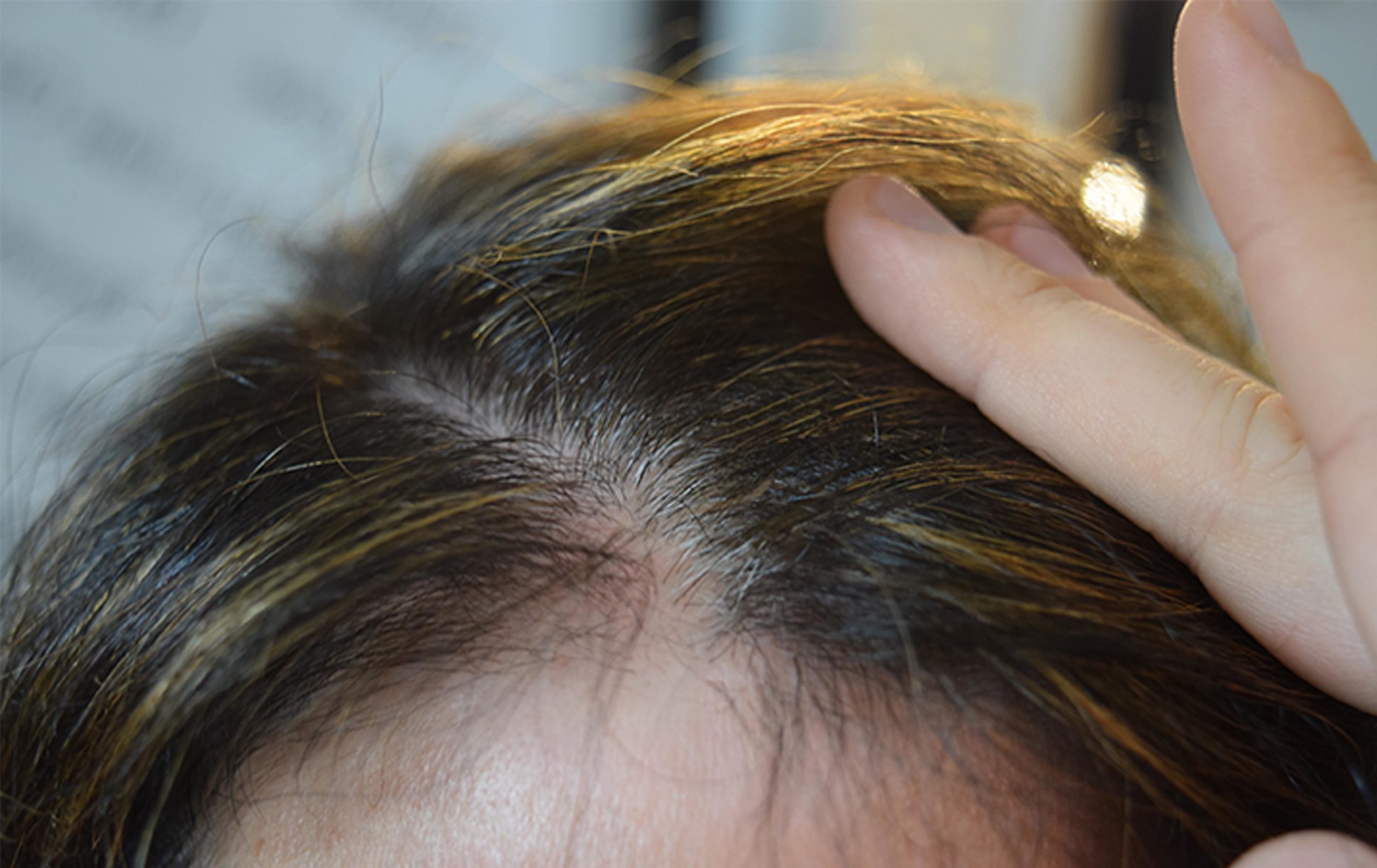PCOS and hair loss are common concerns for many women. PCOS has become a cause for concern primarily because of its connection with hair loss. Besides, the condition puts women at a high risk of a delayed menstrual cycle, which often gets prolonged. As a result, they suffer from more bleeding and lose a lot of blood. The loss of blood lowers iron content. The polycystic ovarian syndrome causes irregular menstrual periods.
A woman with PCOS may also suffer from acne, excess hair growth, and infertility. If you have PCOS, you are prone to high blood pressure, hypertension, and metabolic syndrome. Some women develop cysts that produce excess androgen hormone, which causes hair loss and thinning hair, in addition to other symptoms.
PCOS and Hair Loss Link
PCOS is a hormonal problem triggered by a woman’s ovaries that start creating unusually high levels of androgen, which is a male hormone. If you have PCOS, the reproductive hormones are likely to become imbalanced, causing delays in the menstrual cycle. The lack of ovulation may further result in the development of cysts in ovaries.
If you are overweight, you are at a high risk of getting PCOS and hair loss in the long run. Obesity is another factor that could contribute to hormonal disturbance.
PCOS and hair loss are connected. PCOS is the loss of hair at the root. Such hair loss could be in the form of breakage or loss of entire hair including the follicle. Hair breakage is common in PCOS as hair is relatively drier and vulnerable to damage from heat and brushing. A woman with PCOS-induced hair loss may experience a more visible scalp, particularly at the crown and hairline. The hair may be drier, frizzier, itchier, and more prone to breakage.
A woman may have bald patches and fragile hair.
What helps with Hair Loss?
How can I stop PCOS hair loss naturally? A woman must undergo blood tests, ultrasound, and physical examination to diagnose the problem. after the diagnosis, a gynecologist focuses on correcting their hormonal imbalance by prescribing a few medications or oral contraceptives. Besides, there are hair restoration treatments available for women whose hair loss does not reverse.
A healthy lifestyle with a focus on fitness and a dietary regime is crucial to recovery from PCOS. Proper hair care is crucial too. But when treatments take anywhere between 6 months and a year, many women feel disheartened and seek alternative therapies that can produce quick and long-lasting results.
How Does SMP Help Correct Hair Loss
It is here that many of them choose scalp micropigmentation to cover those bald patches that stare at them in the mirror and affect their self-confidence and esteem.
SMP promises to hide scalp issues, and cover bald patches so you can get back to your real self. Supplement your diet with essential minerals and vitamins, such as iron, zinc, selenium, and magnesium, and talk to the best SMP artist in Phoenix about your problem.
They can do a diagnosis of your problem to find if scalp micropigmentation is meant for you. Contact the top scalp practitioner in Arizona on the DermiMatch website. You can also explore their exhaustive guide on scalp micropigmentation.

